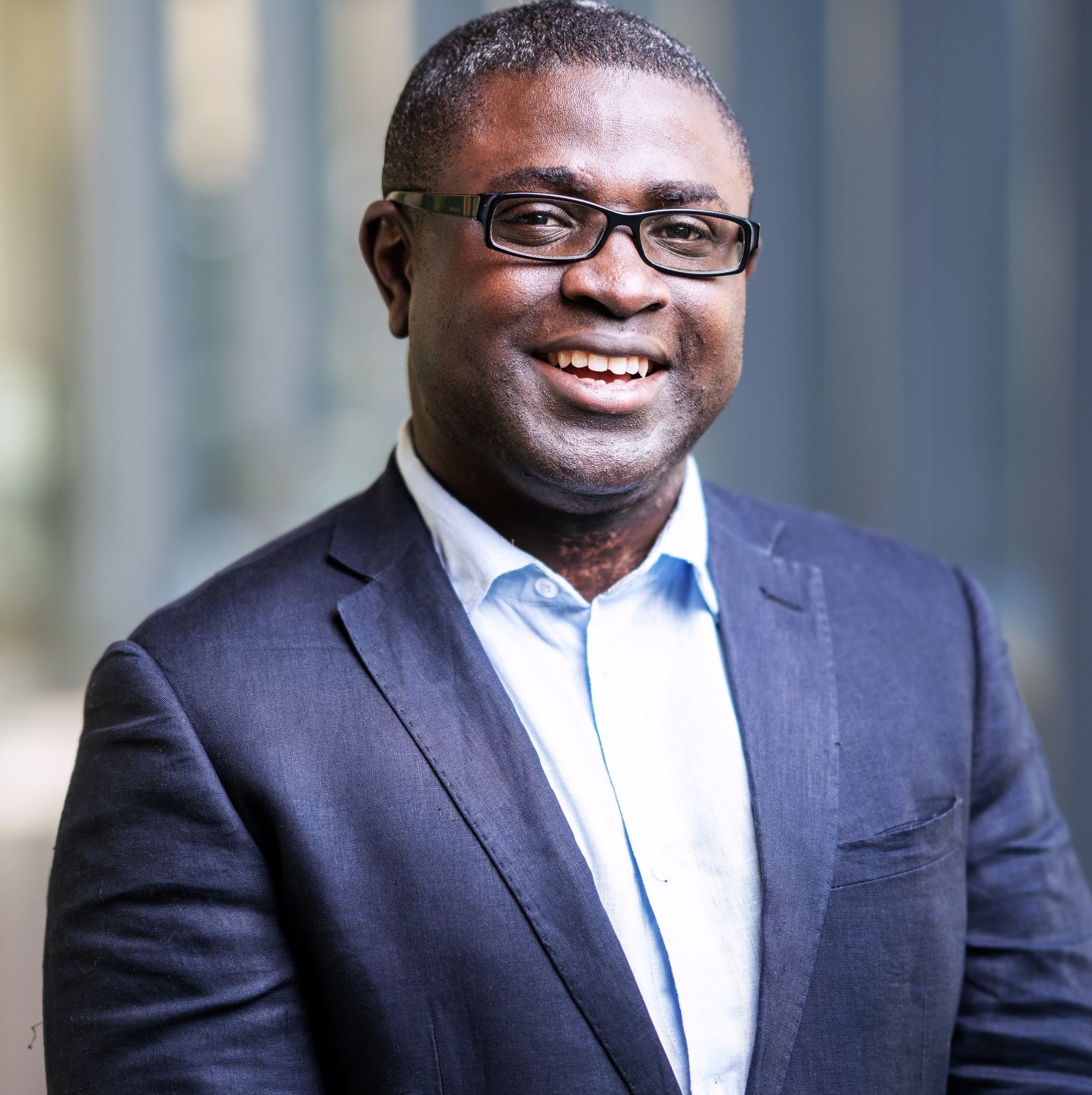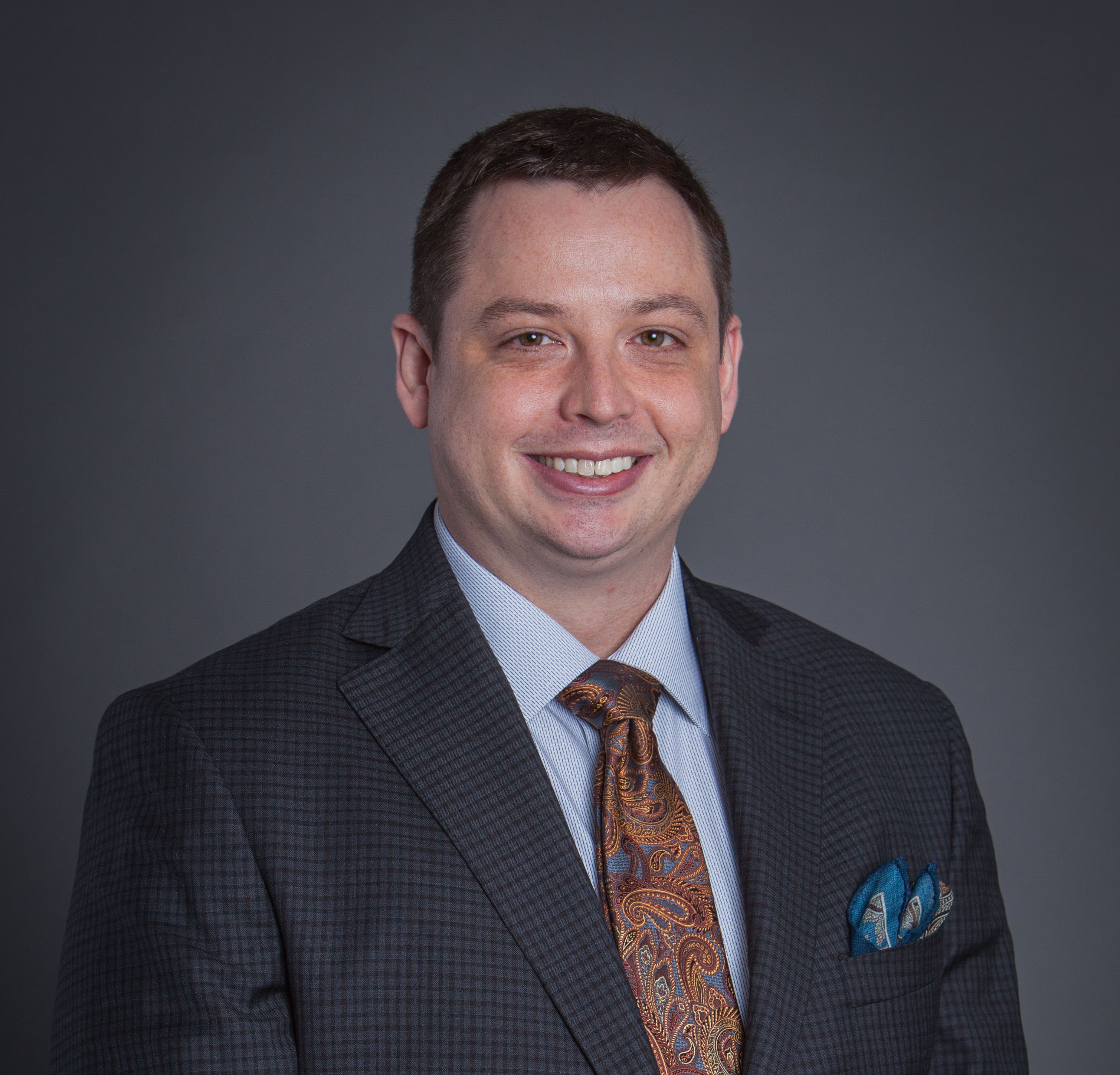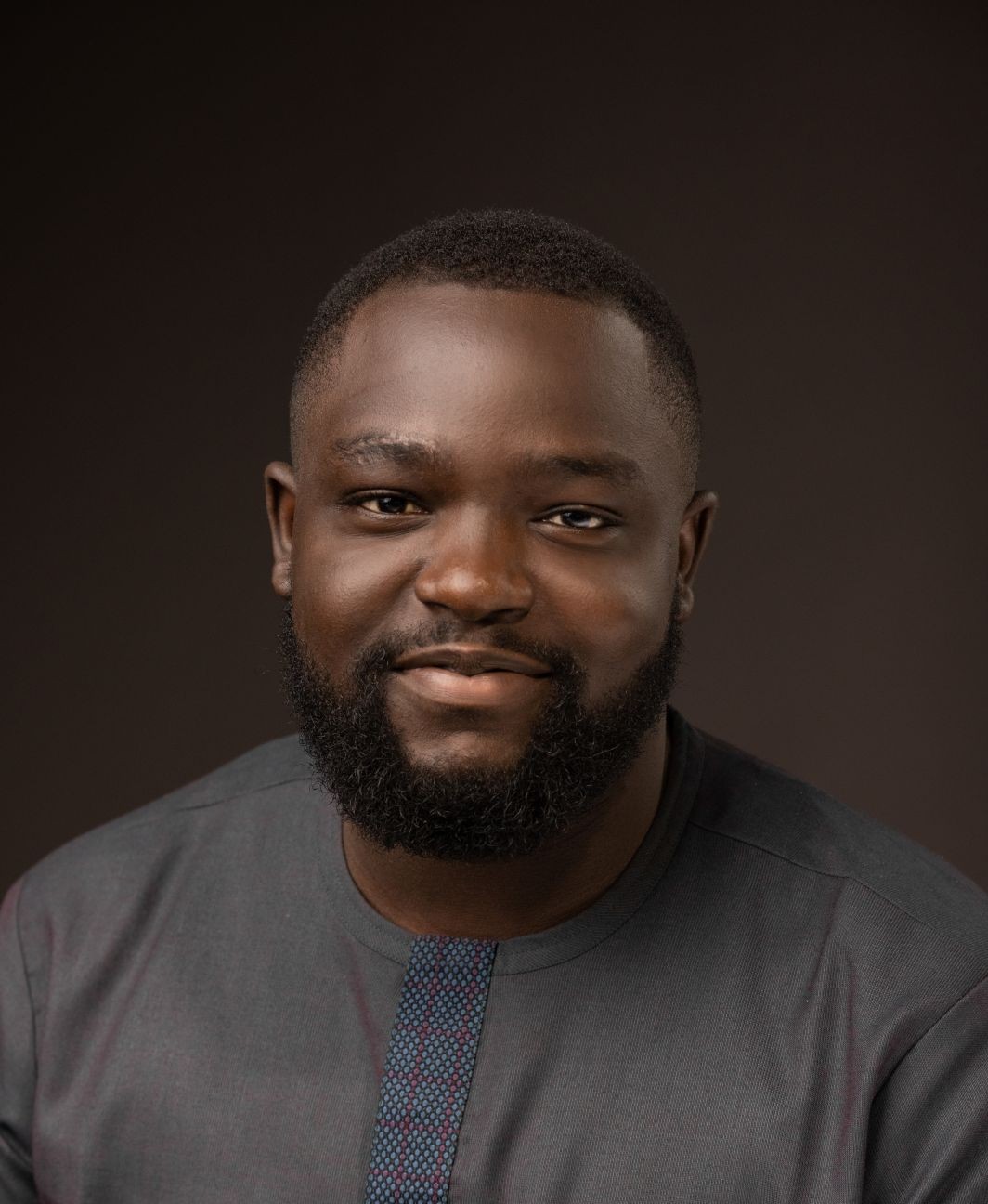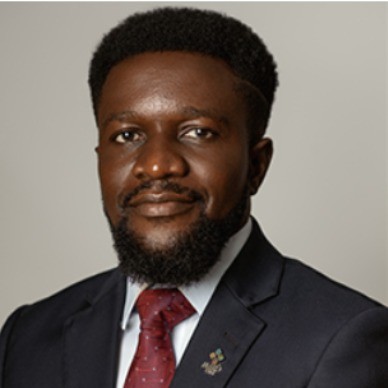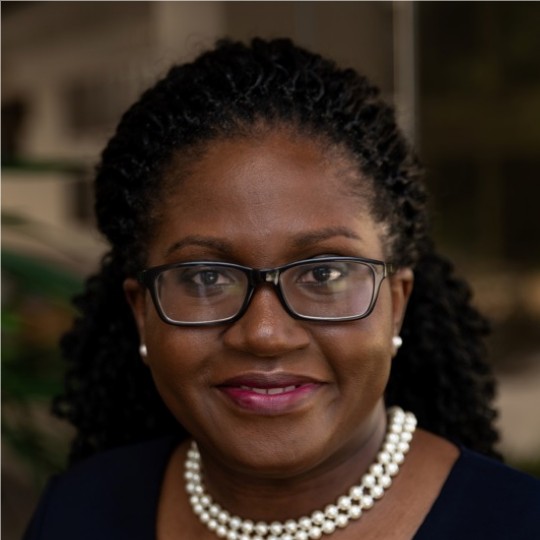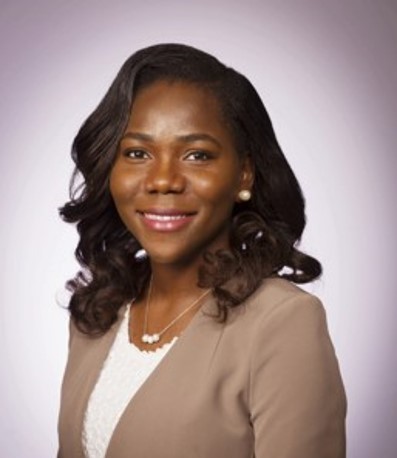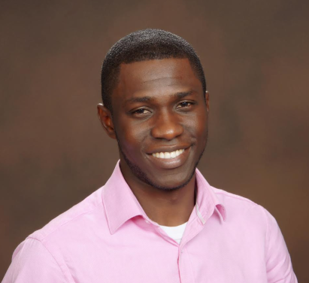
About Us

The Why
Energy delivery, especially electricity, has been a problem that has plagued many African countries for decades, despite billions of dollars spent. When you ask the average person what the issues are, you get eloquent ideas, some of which are correct and some which may not be grounded in fact.
African Energy Information Research Organization (AEIRO) started from our founder’s belief that experienced engineers should leverage their expertise to make the world better. This is a pressing need that has been passed on, which we believe could be solved with the appropriate innovation that a correct understanding of the issues can spur.
Our focus will be on deep technical research into energy delivery, leveraging its vast network of experts, and will organize information in a way that is accessible for understanding the challenges.
Our Focus Areas

Electricity
This is our initial primary focus
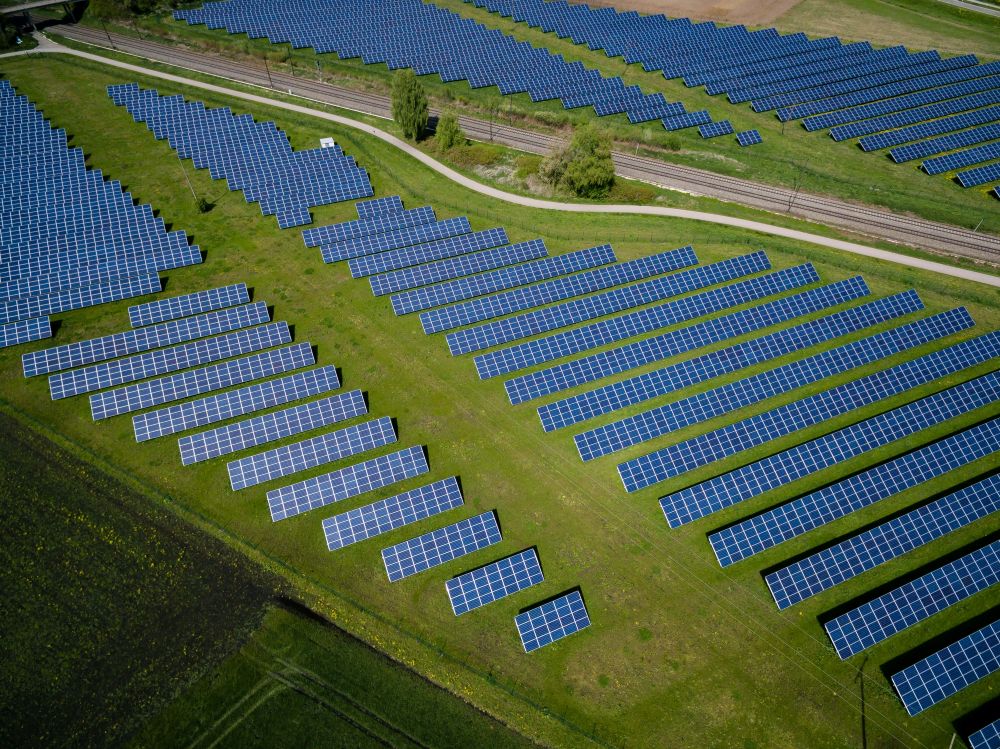
Renewable Energy
We are focused on its impact on electricity delivery
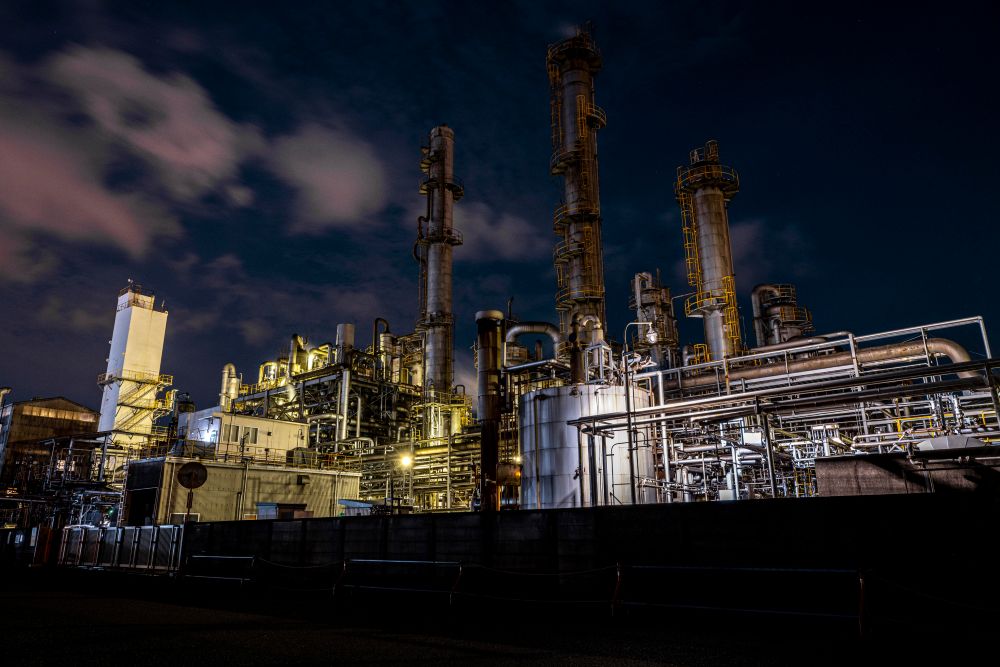
Oil and Gas
Primary focus on its impact on electricity delivery
Our Process
Research
Investigate Africa’s energy challenges and identify opportunities for improvement.
Organize Insights
Develop a trusted platform that provides clear, reliable information for policymakers, investors, and the public.
Pilot Solutions
Test innovative energy solutions on a small scale to evaluate their effectiveness.
Launch Ventures
Transform proven pilot projects into sustainable, market-ready innovations.

African Energy Landscape
Overview
Africa stands at a crossroads in its energy journey. With over 600 million people lacking access to electricity, and rising demand from urbanization and industrialization, the continent’s energy choices today will define its economic and social future. AERIO provides independent, data-driven insights into these dynamics.
Regional Dynamics
West Africa
- Nigeria and Ghana lead installed capacity, but grid reliability is a persistent challenge.
- ECOWAS pushing cross-border electricity trade through the West African Power Pool (WAPP).
East Africa
- Kenya is a global leader in geothermal (over 800 MW).
- Ethiopia investing heavily in hydro (GERD, 6 GW project).
North Africa
- Morocco among Africa’s solar leaders (Noor Ouarzazate, 580 MW CSP).
- Egypt pursuing massive gas and renewables expansion.
Southern Africa
- South Africa dominates capacity (over 50 GW), still coal-heavy but scaling solar & wind.
- Zambia and Mozambique rely on hydro exports.
Central Africa
- Rich in untapped hydro (e.g., Congo River — Grand Inga potential >40 GW).
- Low electrification rates despite abundant resources.
Key Statistics
- Installed Capacity: ~260 GW (2024 est.), less than India despite similar population size.
- Electric Access: 58% continent-wide average; below 20% in some rural regions.
- Energy Mix: Fossil fuels (natural gas, oil, coal): ~70%; Renewables (hydro, solar, wind, geothermal): ~30%.
- Investment Needs: ~$100 billion annually to meet SDG7 (universal access) by 2030.
Opportunities & Challenges
- Abundant renewable potential (solar, hydro, wind, geothermal).
- Growing regional power pools and cross-border trade.
- Technology leapfrogging (off-grid solar, mini-grids).
- Grid reliability & underinvestment in transmission.
- Policy & regulatory uncertainty.
- Financing gaps: most African utilities are financially distressed.
- Climate vulnerability affecting hydro resources.
AERIO’s Role
- Data & Analytics: Independent, real-time insights on Africa’s power markets.
- Research Reports: Deep dives on investment, policy, and technology adoption.
- Advisory Support: Guidance for governments, investors, and utilities on best practices.
- Capacity Building: Equipping African stakeholders with tools to make informed decisions.
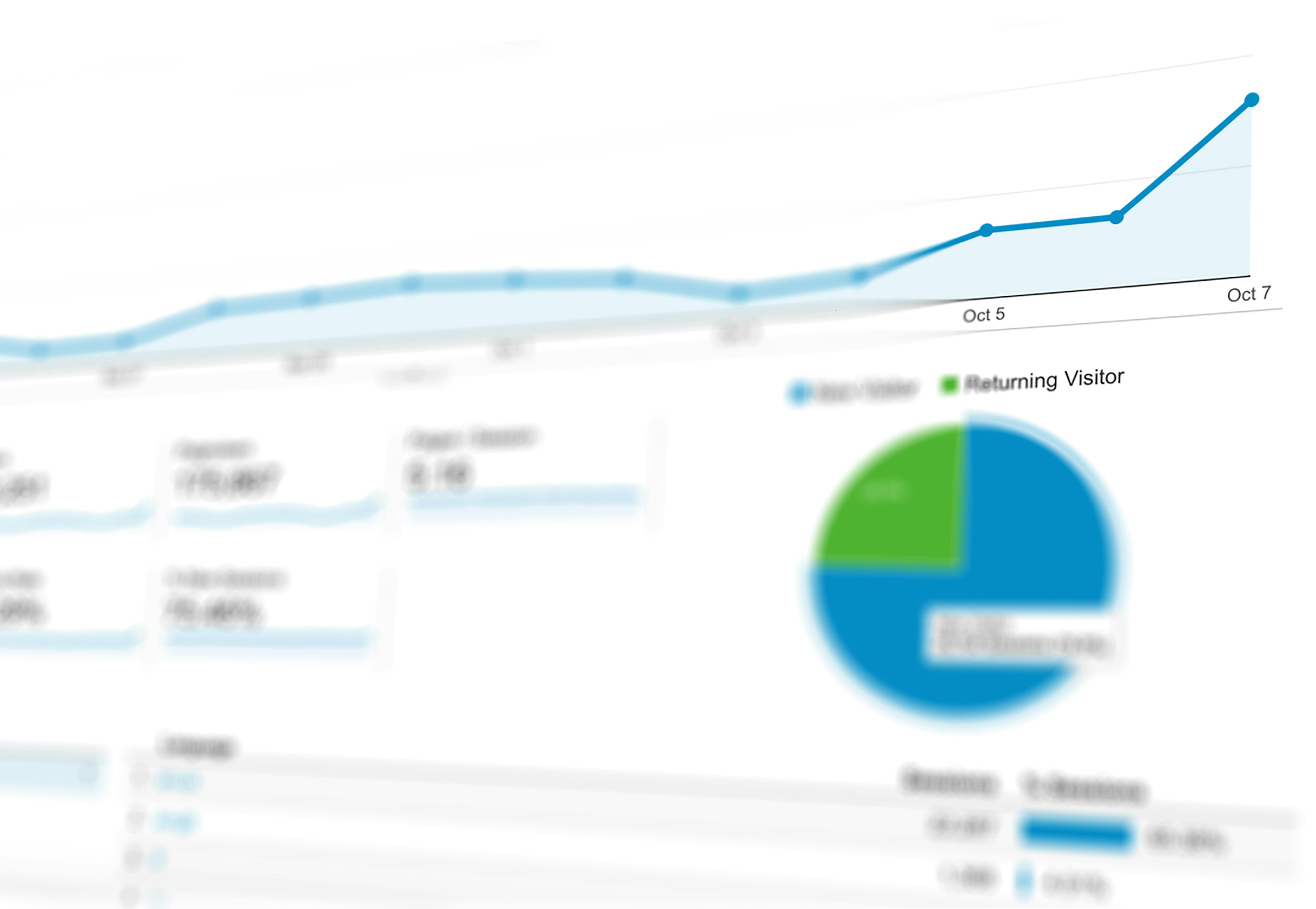
Data Hub
The AEIRO Data Hub is your one-stop platform for reliable, up-to-date energy insights across Africa. While this resource is still under development, it will soon host interactive datasets, visualizations, and research tools designed to empower policymakers, businesses, and communities.
Meet Our Team
Core Team
Research & Projects
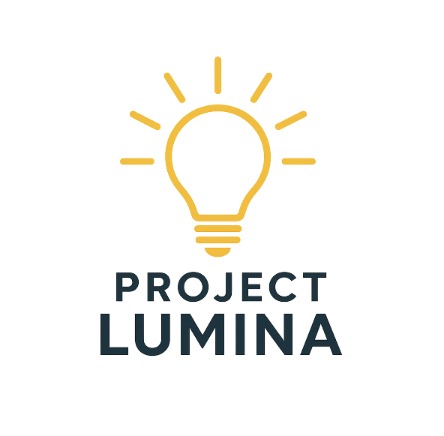
Project Lumina
This is our inaugural project that focuses on a major geographical area in Nigeria. With the goal of conducting comprehensive, in-depth research, including the creation of a representative model of existing infrastructure, and also utilizing system dynamics methodologies for synthesizing complexities associated with electricity delivery.
Project objectives:
- Transmission, Distribution and Generation
- Major Industries
- Major Residential Areas
- Identify microgrid and local generation
- Identify cost and expense patterns
Goal is that after this research, several actionable projects and improvement programs will be initiated or synthesized
